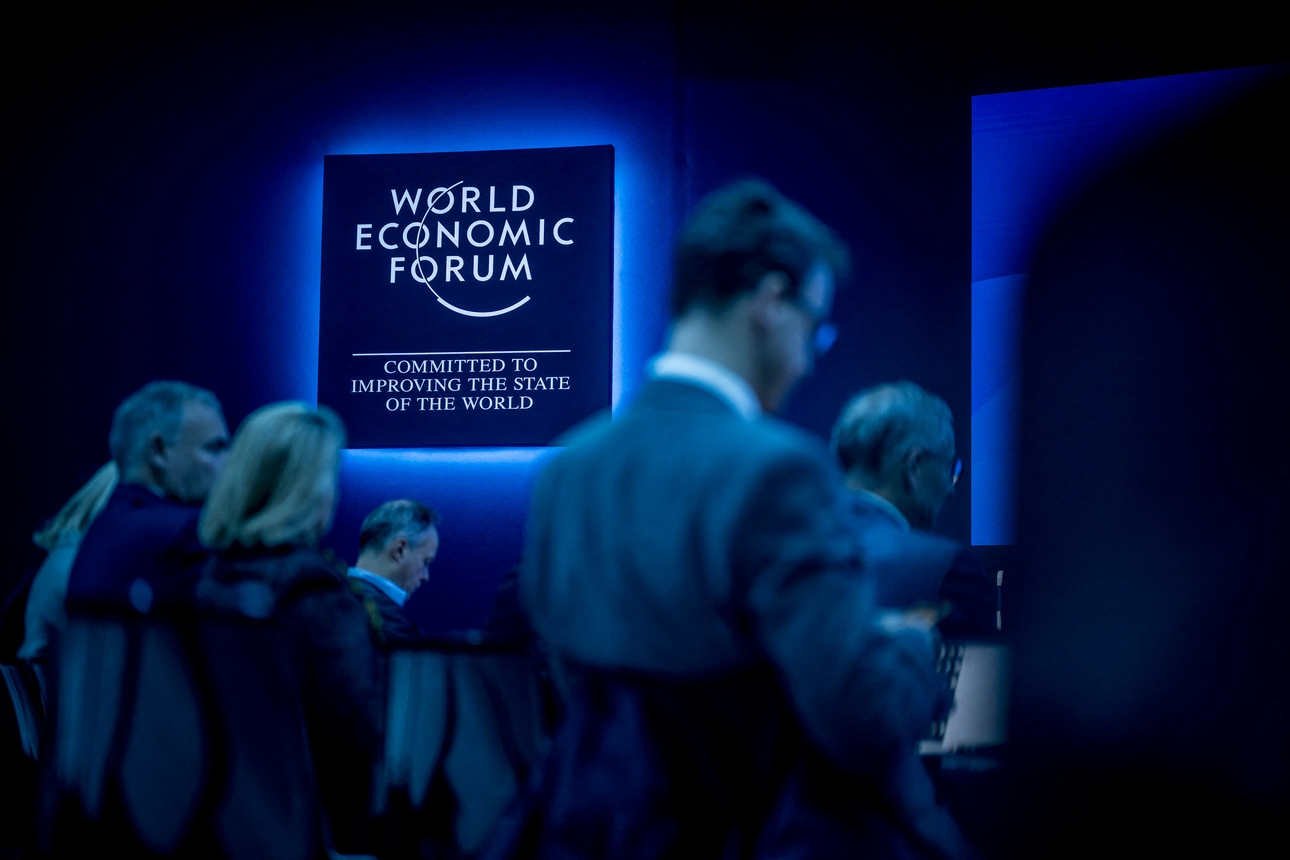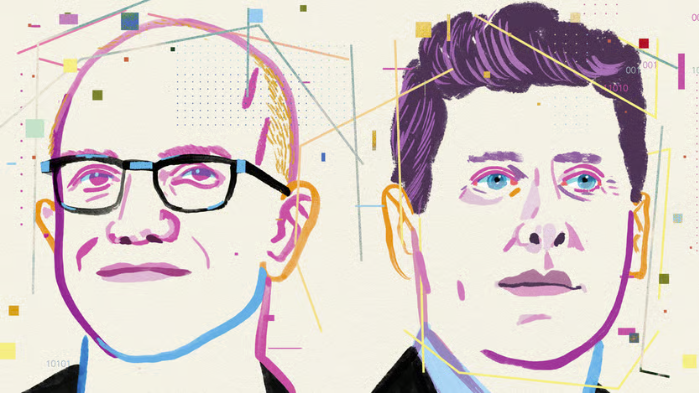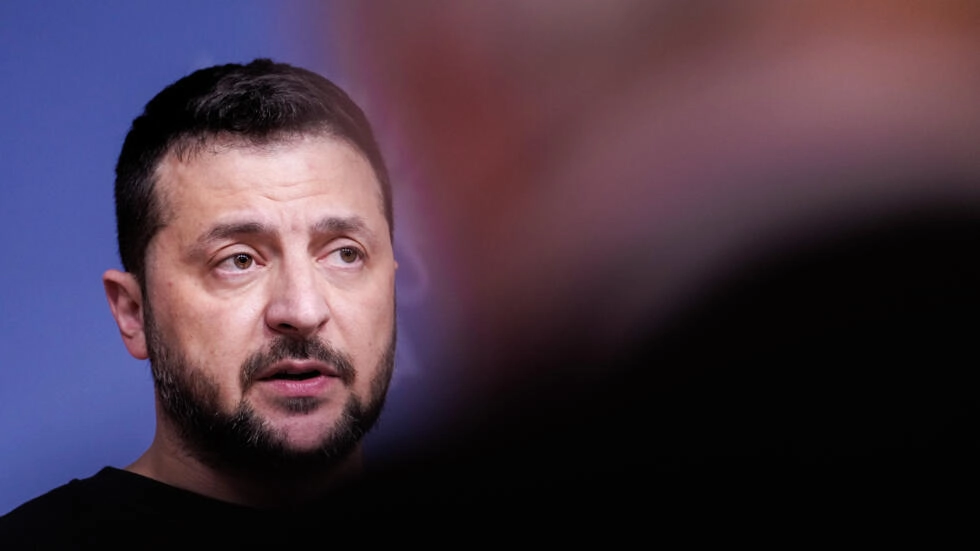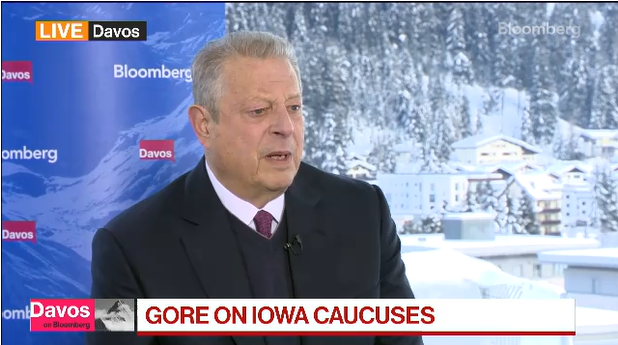Sam Altman, Bill Gates Weigh AI Risks in Big Election Year
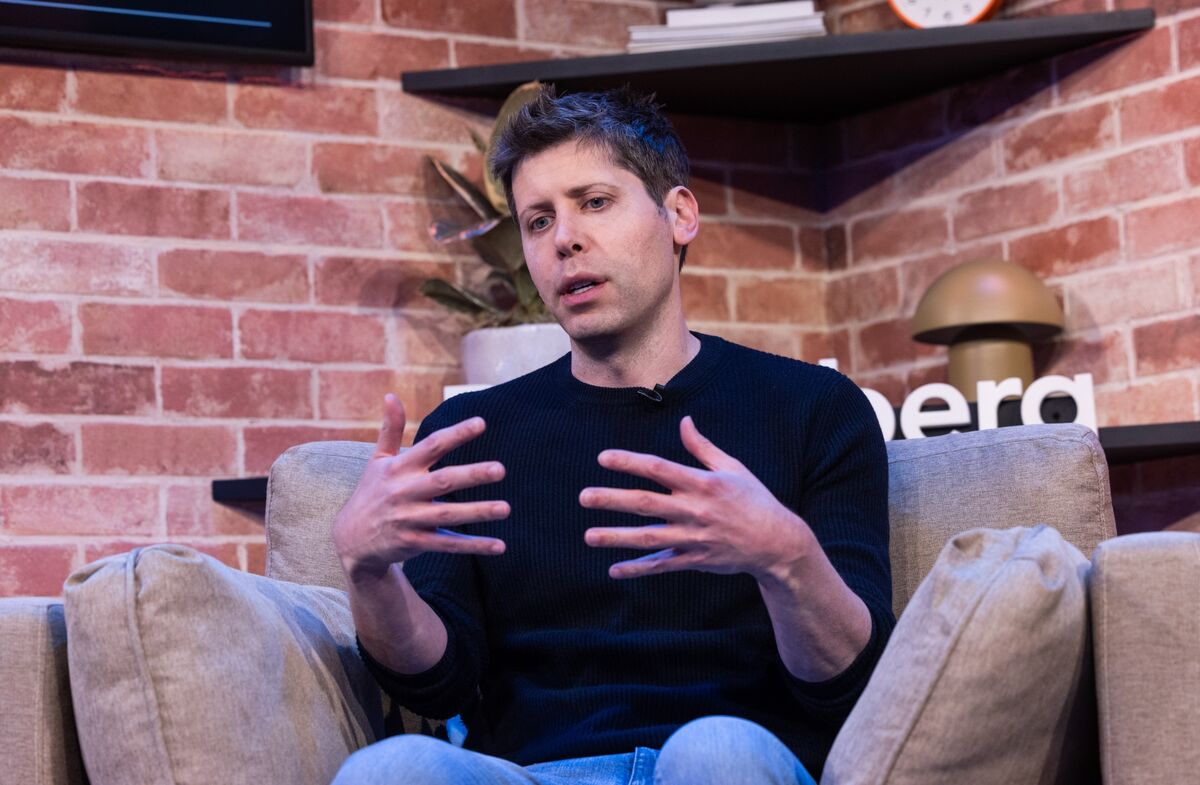
With almost half of the world’s population heading to the polls in a national election in 2024, leaders at the World Economic Forum are grappling with how the arrival of ChatGPT will affect these democracies — and how governments will in turn regulate AI.
Leaders in artificial intelligence including OpenAI’s Sam Altman and Microsoft Corp. founder Bill Gates weighed in this week at Davos, the gilded annual conference where billionaires hold forth on global problems. While all said they took the threat of artificial intelligence on elections seriously, there was a split in whether they thought major disruption was likely.
Microsoft Corp. Chief Executive Officer Satya Nadella somewhat downplayed the risks. “It’s not like this is the first election where disinformation, or misinformation, and election interference is going to be a real challenge that we all have to tackle,” he said, speaking at Bloomberg House at Davos on Tuesday.
Later in the day Altman echoed that sentiment but expressed more uncertainty. “I don’t think this will be the same as before,” he said. “It’s always a mistake to try to fight the last war.”
Altman and Nadella spoke the day after the first major caucus of the US presidential elections, with former President Donald Trump scoring an easy win over his fellow Republicans. ChatGPT wasn’t available the last time the US went to the polls, and there’s growing concern that -- besides making it easier to write code or craft emails -- generative AI tools could be used to produce disinformation and faked images that unfairly sway voters.
In a warning about what’s to come, videos featuring AI-generated deepfake voices of politicians spread widely ahead of the Slovak parliamentary elections last year. They were shared on sites including Meta Platforms Inc.’s Facebook and Instagram, and messaging apps like Telegram that include audio impersonating political opponents, Reset, a research group that looks at technology’s impact on democracy, said in a report at the time.
One video included a fake, two-minute long clip of a party leader appearing to discuss buying votes. But the audio file was synthesized by an AI tool trained on samples of his voice.
At Davos, Microsoft co-founder Bill Gates predicted that with generative AI tools, “bad guys will be more productive,’’ speaking in an interview with Bloomberg’s Francine Lacqua.
More From Bloomberg
Keywords
Newer articles
<p data-qa="subheadline">Lawmakers sped the proposal, the most significant threat to the popular app’s U.S. operations, by tying it to a sprawling funding package offering...
Ukraine war: Kyiv uses longer-range US missiles for first time
How soon could US ban TikTok after Congress approved bill?
TikTok faces US ban as bill set to be signed by Biden
‘LOSING CREDIBILITY’: Judge explodes at Trump lawyers as case heats up
Claim rapper ‘made staff watch her have sex’
KANYE WEST PLANS TO LAUNCH 'YEEZY PORN' ... Could Be Coming Soon!!!
Megan Thee Stallion’s Ex-Makeup Guru Talks. It’s Not Pretty.
King’s Funeral Plans Dusted Off—as Health Remains a Mystery
The EU warned TikTok’s new rewards feature could be addictive. Now the app's suspended it
